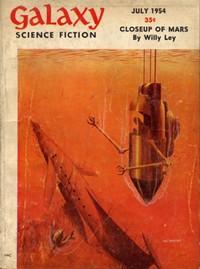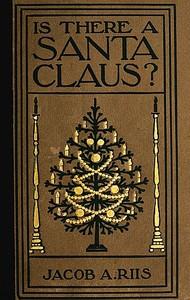Read this ebook for free! No credit card needed, absolutely nothing to pay.
Words: 10526 in 4 pages
This is an ebook sharing website. You can read the uploaded ebooks for free here. No credit cards needed, nothing to pay. If you want to own a digital copy of the ebook, or want to read offline with your favorite ebook-reader, then you can choose to buy and download the ebook.


: The Fourth Massachusetts Cavalry in the Closing Scenes of the War for the Maintenance of the Union from Richmond to Appomatox by Arnold William B Bouv Edward T Edward Tracey Pickett La Salle Corbell - United States History Civil War 1861-1865 Regimental hi
The Fourth Massachusetts Cavalry in the Closing Scenes of the War for the Maintenance of the Union
From Richmond to Appomattox
The life of the American Cavalry is almost coeval with that of the American people. Laws were passed for the formation of a mounted force in 1648, when the colony of Massachusetts Bay had not yet attained its majority. Twenty-seven years later, in 1675, when the war with Metacomet broke out there were five troops of cavalry, which in point of equipment, discipline and appearance, had received the commendation of European officers who had seen them.
Captain Prentice's troop formed a part of Major-General Winslow's army, which fought at Narrangansett Fort. It participated in the terrible march and the awful battle which ensued. Of that battle, the latest and most exhaustive of its historians says:
"This must be classed as one of the most glorious victories ever achieved in our history, and considering conditions, as displaying heroism both in stubborn patience and dashing intrepidity never excelled in American warfare."
So much for the first great battle in which Massachusetts cavalry took an honorable part. I may be pardoned for referring to it in this paper, on account of the singular coincidence, that in one of the last, and unquestionably one of the most brilliant actions ever fought in America--the Battle at High Bridge--Massachusetts horsemen accomplished a very difficult thing: they succeeded in adding a yet deeper lustre to the laurels which have ever adorned the standards of the American Cavalry.
The story of the fight near High Bridge, Virginia, is but an account of an obscure skirmish, if the numbers engaged and its duration be solely considered; judged, however, by the fierce intensity of the struggle, and the carnage, together with the results, which alone, yet amply, justified the apparent madness of the attack, it is seen to be one of the most notable of the achievements of those heroic days; for it led to the culmination of the campaign and end of the war, at Appomattox. It was called by Mr. Hay and Mr. Nicolay, in their history of Abraham Lincoln, the most gallant and pathetic battle of the war.
The Fourth Regiment of Massachusetts Cavalry had been subjected to a training and discipline which caused it to develop rapidly into one of the finest cavalry regiments in the army. The officers were nearly all veteran soldiers, educated in the hard school of war. A large proportion of the men in the ranks had seen service, and the rank and file, as a whole, proved to be such as any officer might be proud to lead.
The quality of the regiment is easily accounted for, when it is considered that its first colonel left the lasting impress of himself upon it; that colonel was Arnold A. Rand.
From the very beginning of its service in the field, the regiment had the hard fortune to be cut up into detachments and details for special duty. This was probably due to the good opinion entertained of it by the general; but it was very trying and disappointing to the colonel, and to all who had hoped to be serving, as earlier orders--too soon countermanded--directed, with Sheridan.
At the opening of the last campaign, the first and third battalions were in Virginia. Three squadrons, with the field and staff, were attached to the headquarters of General Ord, commanding the Army of the James; two were at the headquarters of the Twenty-fourth, and two at those of the Twenty-fifth Army corps. One was at Fort Magruder, where it had been for many months, doing outpost and picket duty and engaged in scouting and raiding. The second battalion was in active service in South Carolina and Florida.
Before the spring campaign opened, the command of the regiment had passed to Francis Washburn of Lancaster, a member of a family distinguished for its public services. This young gentleman was a patrician in the best sense of the word. With the most brilliant prospects in life, he, like his brother, left all to serve the Republic, and both drew "the gret prize o' death in battle."
Free books android app tbrJar TBR JAR Read Free books online gutenberg
More posts by @FreeBooks

: Derelict by Nourse Alan Edward Emshwiller Ed Illustrator - Science fiction; Short stories; Space ships Fiction








